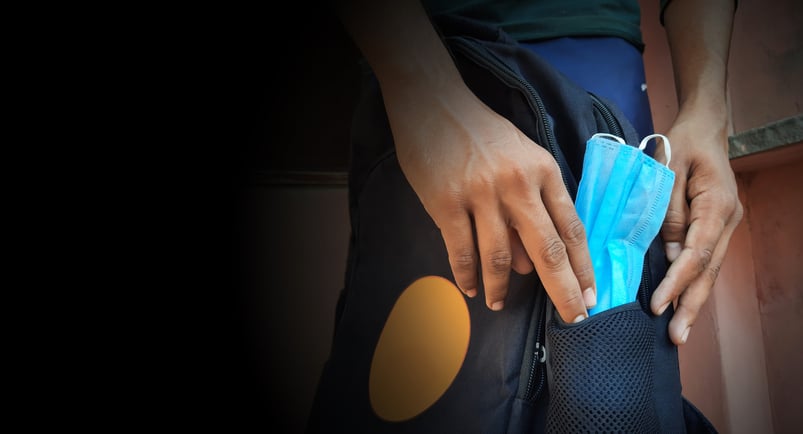The New Year doesn’t always arrive with confetti and quiet mornings for Nurses. It often shows up mid-shift, with a full assignment, a blinking call light, and coffee that’s already gone cold. And that’s okay. For Nurses, a new year isn’t about perfection, it’s about intention, resilience, and finding small ways to care for ourselves while we care for everyone else.
As the calendar turns, here’s how Nurses can step into the New Year with purpose, compassion, and a little grace.
Reflect Without the Pressure
Before rushing into resolutions, take a moment to look back. What did the past year teach you? Maybe you learned how strong you are under pressure. Maybe you learned you need firmer boundaries—or better shoes. Reflection doesn’t have to mean reliving the hard moments; it can simply be acknowledging that you made it through.
Ask yourself:
-
What am I proud of this past year?
-
What drained me the most?
-
What gave me energy or reminded me why I chose Nursing?
These answers matter more than any checklist.
Set Intentions, Not Unrealistic Resolutions
Nurses are already experts at doing a lot with very little. The New Year doesn’t need another impossible goal. Instead of “I’ll never feel burned out again,” try something gentler and more achievable:
-
I will take my breaks when I can.
-
I will speak up when I need help.
-
I will protect my peace off the clock.
Intentions allow flexibility, something every Nurse needs.
Prioritize Your Well-Being (Even in Small Ways)
Self-care for Nurses isn’t always bubble baths and yoga retreats. Sometimes it’s:
-
Drinking water during your shift
-
Packing a meal you actually enjoy
-
Saying no to an extra shift when you’re exhausted
-
Scheduling that overdue appointment
Small, consistent choices add up, and they matter just as much as patient outcomes.
Reconnect With Your “Why”
It’s easy to lose sight of why you became a Nurse amid staffing shortages, long hours, and emotional fatigue. The New Year is a chance to reconnect with that purpose, whether it’s patient advocacy, teamwork, lifelong learning, or simply being a steady presence in someone’s hardest moment.
If your “why” has changed, that’s okay too. Growth is part of the journey.
Look Ahead With Hope (and Realism)
The coming year will bring challenges, because healthcare always does. But it will also bring moments of connection, growth, and pride that only Nurses truly understand. A thank-you from a patient. A shift where the team just clicks. A moment when you realize how far you’ve come.
Hold space for both the hard and the hopeful.
A New Year Message for Nurses
To every Nurse starting this year tired but still showing up: you are seen. You are valued. And you don’t have to do everything perfectly to be doing something meaningful.
May this New Year bring you steadier shifts, supportive colleagues, moments of rest, and reminders of the incredible difference you make, every single day.
Here’s to a new year, one shift at a time.



 As a Nurse, you always have essentials in your pockets or bag to help you get through a shift and day-to-day life as you never know when your experience and skills will be needed. Here are some of the essential items Nurses have on hand.
As a Nurse, you always have essentials in your pockets or bag to help you get through a shift and day-to-day life as you never know when your experience and skills will be needed. Here are some of the essential items Nurses have on hand. This is an article that might be right up your alley. It’s about things people say to Nurses. Sometimes comments are made that are totally innocent and mean no harm. Other comments are just plain ignorant, annoying, insulting, stupid or rude and usually the commenter has no idea they are being offensive.
This is an article that might be right up your alley. It’s about things people say to Nurses. Sometimes comments are made that are totally innocent and mean no harm. Other comments are just plain ignorant, annoying, insulting, stupid or rude and usually the commenter has no idea they are being offensive.
